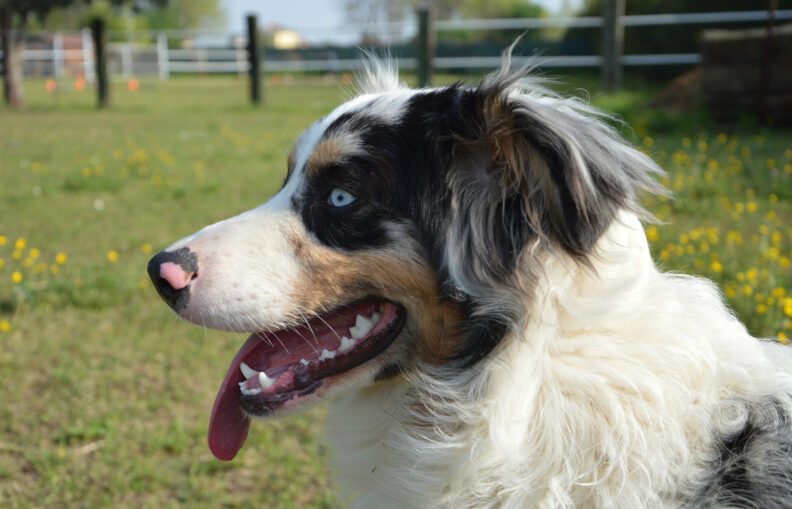
Test Your Pet. Tell Your Vet.
A 9-hour, construction-related power outage on Saturday, August 4 may interfere with incoming calls and emails. If you experience technological difficulties, please retry on Monday, August 6. We apologize for any inconvenience.
The PrIMe® MDR1 genetic test offered by WSU will determine if your pet has the MDR1 mutation. For dogs and cats with the MDR1 mutation, common medications can be potentially deadly.
Share the results with your veterinarian to let them know to avoid or adjust the dose of certain medications.
Veterinary pharmacologist Dr. Katrina Mealey discovered the MDR1 mutation in cats and dogs and is recognized worldwide as the leading expert in identifying problem medications. When you test with us, you will have access to MDR1Caddie™, a question portal monitored by Dr. Mealey.
Our PrIMe® MDR1 genetic tests

Dogs
Up to 75% of some dog breeds have the MDR1 genetic mutation. Herding breeds, long-haired whippets, and silken windhounds have the highest occurrences. It is also found in mixed breeds. Dogs with the mutation may have severe adverse reactions to some common medications.

Cats
Up to 4% of all cats, roughly 4 million in the U.S. alone, have the MDR1 genetic mutation. Recently discovered by Dr. Katrina Mealey at WSU, she and her team are conducting research to learn which cat breeds are most affected and to identify medications that may cause adverse reactions in cats.
Why choose us?

Fast results
Get your results in as little as one week.

MDR1Caddie
Online access to a board-certified veterinary pharmacologist when you test with us.

Trusted research
WSU discovered the MDR1 mutations and developed the first diagnostic tests.
What is multidrug sensitivity?
Some dogs and cats have a mutation in the MDR1 (multidrug resistance 1) gene also known as the ABCB1 gene, which plays an important role in limiting drug distribution to the brain and in enhancing the excretion of many drugs. Animals with the mutation may have severe adverse reactions – including tremors, disorientation, blindness, severe muscle weakness, and death – to some common medications.



